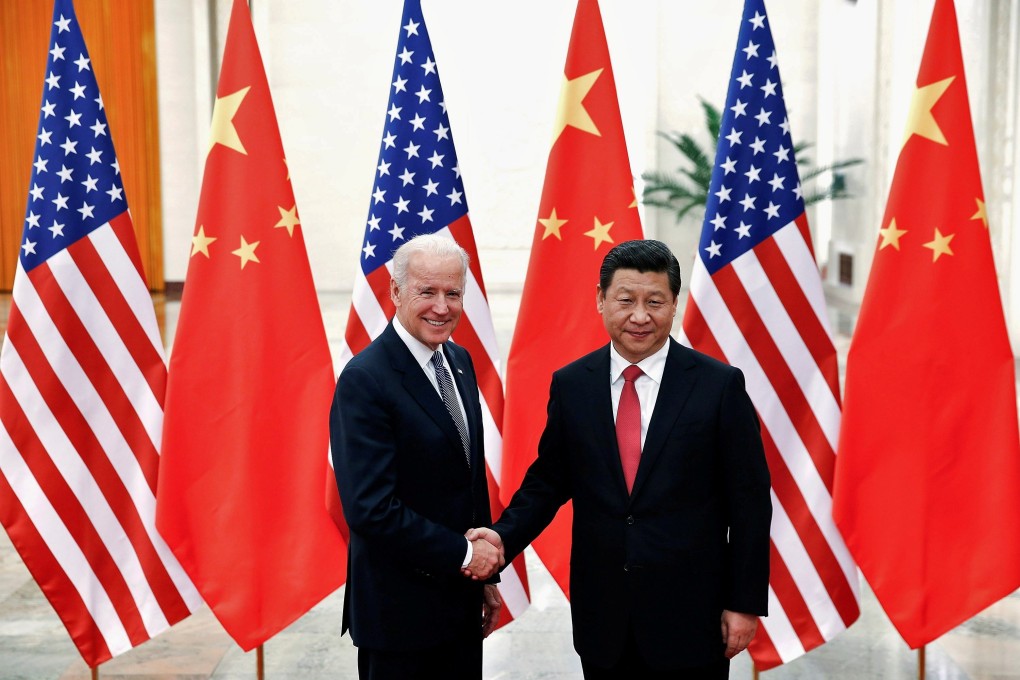China Briefing | Is conflict between the US and China inevitable? Not if they talk to each other
- The bombshell revelation that a top US general held secret phone calls with his Chinese counterpart reveals the risks inherent amid rising tensions
- But Biden and Xi’s conversation this month is a promising sign that fraught ties can be reset when there are open lines of communication

The risks of this were highlighted in the bombshell revelation this month that a top US general had held two secret phone conversations with his Chinese counterpart in the final months of Trump’s presidency to reassure Beijing that Washington would not attack China.
These developments once again highlight the utmost importance of communication, and provide grounds for cautious optimism that the world’s two largest economies are able to manage rising tensions and avoid conflict. The lack of communication has reduced opportunities for both sides to reset fraught ties after four years of Trump’s chaotic presidency. The phone conversation was Biden and Xi’s first in seven months and only the second since the former came to power.
Moreover, he suggested that both sides should look at other potential areas of cooperation to inject more positive dynamics into the relationship, although he did not specify what these would be.
Meanwhile, Xinhua quoted Biden as saying that Beijing and Washington had no reason to allow competition to veer into conflict, and the US had no intention of changing the one-China policy.

